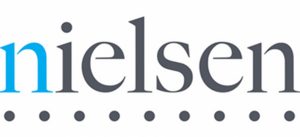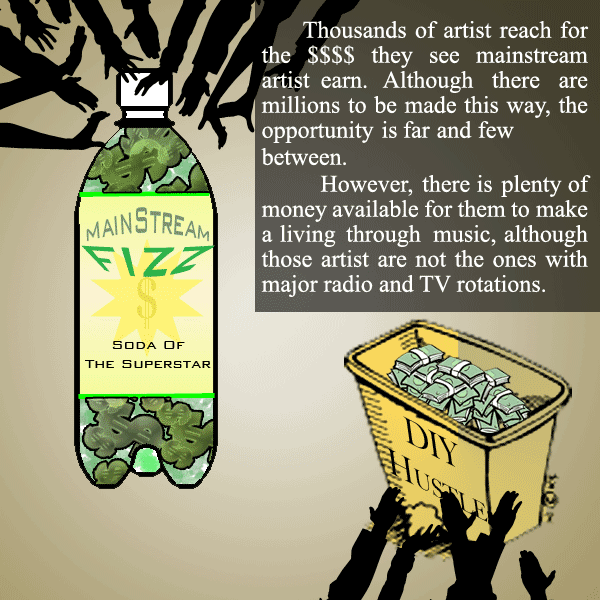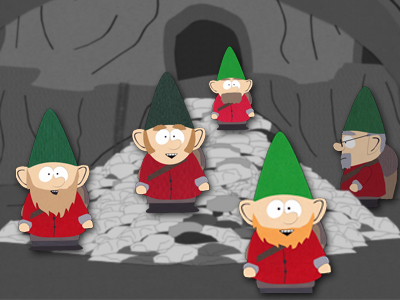What is BDS?
Nielsen Broadcast Data Systems is the world’s leading provider of radio tracking for the entertainment industry. Employing a patented digital pattern recognition technology, Nielsen BDS captures in excess of 100 million song detections annually on more than 1,600 radio stations, satellite radio and cable music channels in over 140 markets in the U.S. (including Puerto Rico) and 30 Canadian markets.
Radio formats monitored include Adult Alternative, Adult Contemporary, Album Rock, Classic Rock, Contemporary Christian, Country, Modern Rock, Oldies, R&B (including Rap and Hip Hop), Spanish (including Latin Contemporary, Regional Mexican and Tropical Salsa), and Top 40. Additionally, Nielsen BDS monitors 12 U.S. Music Video Channels and 9 Canadian Video Channels.
Executives from all facets of record companies, radio stations, publishing firms, performance rights organizations, music retailers, independent promoters, film and TV, and artist management are among those who query more than 10,000 reports daily from Nielsen BDS products – ENcore, BDSRadio.com, BDSexpress.com and BDS RealTime.
Nielsen BDS information is utilized exclusively by Billboard, R&R (Radio & Records) and the Canadian Music Network in determining their radio airplay music charts.
What reason would Music retailers, Independent promoters, Film and TV, and Artist management use BDS?
Well, everyone wants to stay on top of what’s HOT! So, they use BDS to find out what is the next big thing. If they see something doing well; believe you me, they do not want to be left out.
How does BDS help independent artist?
When I first started in the music business I was only focused on getting my record heard on the radio. I would go into the studio record and then tried to contact a friend of mine that was a local DJ on the radio. Hey, DJ please play my song? Give me a break. I had no idea that it was more than just playing my cassette! Did I say cassette? Wow, It seems like some things never change, because to this day artist/producers still run to radio stations without doing their research.
Research is so vital. Just think. The reason you really made records was for you to sell, right. Most artists’ dreams are to be this BIG Music Icon. Well, here is a question that always danced around in my head. How can little ol’ me grab the attention of a major company by my record getting played only in Detroit?
I asked my friend and the answer he gave me was breath taking. He told me that there is a system that tracks how many times a record is played. He then went on to say that is how major labels gain interest in indie artist. They figure if you are getting a certain amount of plays, then you are already in the race. However, you must be prepared. You never know when a song may take off, so be ready for what you least expect. Here are some words of advice | Have Product Ready!
How to submit your music to BDS?
So, after you do a final mix and then master your single that you slate to be your release, go to the BDS PDF Document and follow the directions to submit your song(s). And best of all, it’s FREE!!!
How to get SoundScan?
Nielsen SoundScan is an information system that tracks sales of music and music video products throughout the United States and Canada. Sales data from point-of-sale cash registers is collected weekly from over 14,000 retail, mass merchant and non-traditional (on-line stores, venues, etc.) outlets. Weekly data is compiled and made available every Wednesday. Nielsen SoundScan is the sales source for the Billboard music charts. You can fill out and submit a Title Addition Form to the dbase@soundscan.com at least three weeks before the project’s release date. Remember this, Once a title is submitted to SoundScan, it can take up to 10-15 business days for it to be entered into the system. Once entered, the title has the ability to be tracked by SoundScan.
Now, before any of this is done, be sure to have a UPC bar code as well as an ISRC number (the specifics of these will be covered in an upcoming post), because this is how SoundScan tracks your sales! Some services offer you these for free (ie DiscMakers offers UPC codes to clients), however, these codes not only track your product, but your company. So especially if you plan on doing more than one release, you should look into investing in a unique code for your company.
(Originally Titled “What’s The Big Deal About BDS? by Entertainment Marketing Guru, Miles Dixon in June 2010. You can find him at milesdixon.net)
UPDATE 08/2018:
To submit your music to BDS, please follow the directions found on their website, here.





2 Comments
what sight can i go to seee what place are the songs at
I would just like to know how do you track a public broadcasting station